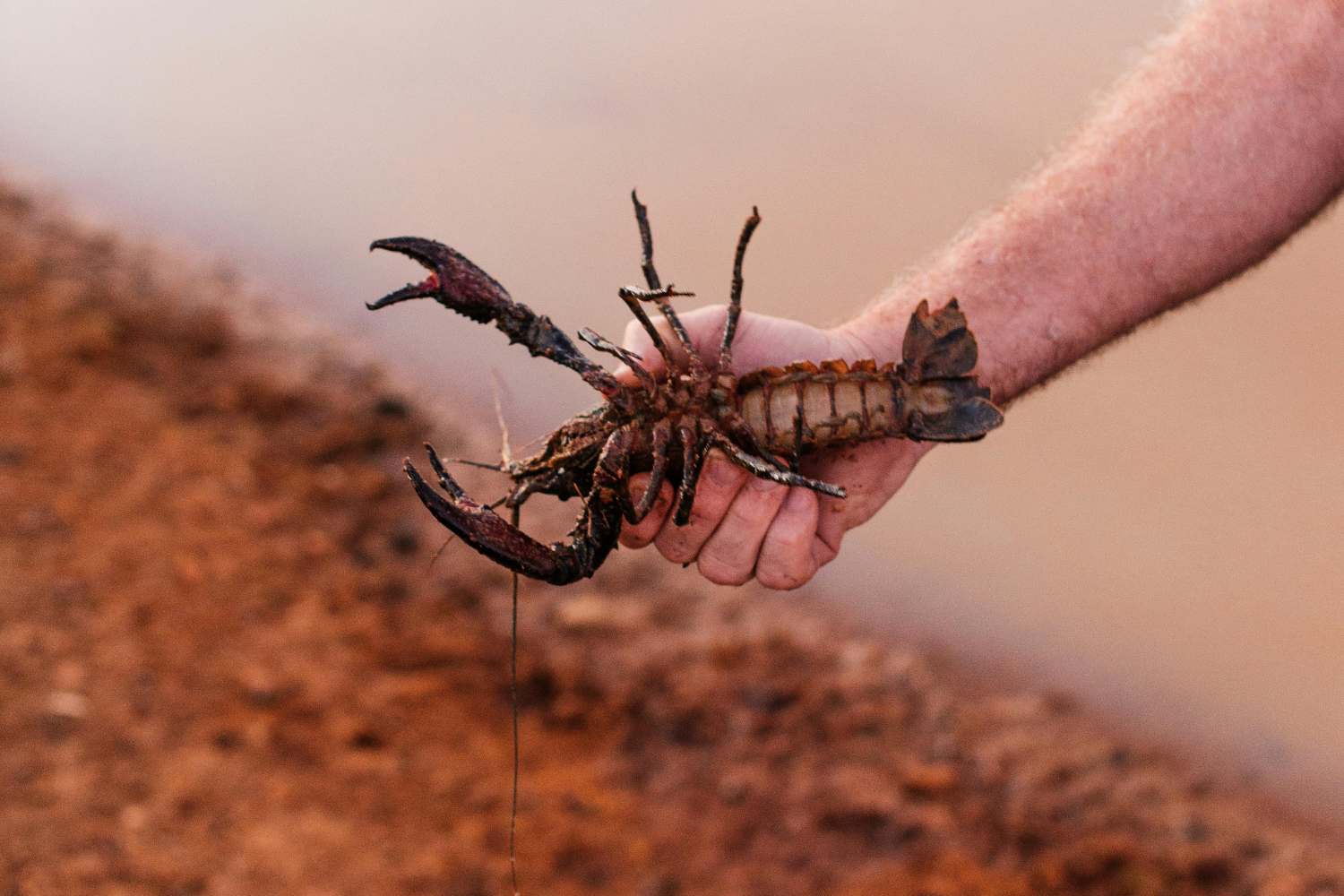Lobsters in the Gulf of Maine are in danger because of rapidly warming waters that are forcing them to migrate to colder, deeper waters.

@Rachel Claire/Pexels
The future of lobsters in the Gulf of Maine is uncertain due to the rapid warming of its waters. This stretch of ocean, which extends from New England to Canada, is warming at a rate three times faster than the global average, with significant consequences for marine life and the coastal economy of Maine.
In recent years, higher temperatures have sparked a boom in lobster fishing, creating ideal conditions for their reproduction. However, experts warn that the steady rise in sea heat could reverse this trend.
“The warming of the Gulf of Maine has had profound effects on the lobster population,” said marine biologist Dr. Emma Hawthorne. “What once seemed like an environmental boost could soon turn into a serious challenge.”
Changes in currents and disruptions in food chains are already affecting lobster larvae, which struggle to find sufficient nourishment. The plankton they feed on, such as Calanus copepods, is becoming less fatty and abundant, reducing the chances of survival for young lobsters. Furthermore, ocean acidification threatens the strength of their exoskeletons, making them more vulnerable to diseases.
“The lobster population is already facing a series of interconnected challenges, from food scarcity to weakened physical defenses,” explained oceanographer John Hall. “This is a direct result of the larger environmental changes occurring in the region.”
This is just one of the tangible consequences of climate change on marine ecosystems.
Shifting lobster habitats: a survival strategy?
This thermal increase has made the lobsters’ traditional habitat less hospitable, pushing these crustaceans to migrate toward colder and deeper waters. As a result, lobster populations are gradually moving north in search of more favorable conditions. This migration appears to be their only survival strategy.
The shift in lobster distribution is not just an ecological issue; it also has significant socio-economic repercussions. The coastal communities of Maine, which have historically depended on lobster fishing, are witnessing a decline in catches in their traditional fishing areas. This decline threatens not only the local economy but also the cultural identity of these communities.
“The impact on local fishermen has been devastating,” stated local fisherman Alex White. “It’s not just about the money; it’s about a way of life that has been passed down for generations.”
A wake-up call for marine ecosystems
The situation in the Gulf of Maine serves as a wake-up call about the tangible consequences of climate change on marine ecosystems. It is crucial that the international community intensify efforts to reduce greenhouse gas emissions and mitigate the impacts of global warming. It is also essential to implement sustainable marine resource management policies, promoting responsible fishing practices and protecting critical habitats.
“Global action is required to address the underlying drivers of these changes,” concluded environmental scientist Dr. Linda Preston. “Only through collective commitment can we hope to preserve marine biodiversity and ensure a sustainable future for generations to come.”
Source: USDA Climate Hubs
